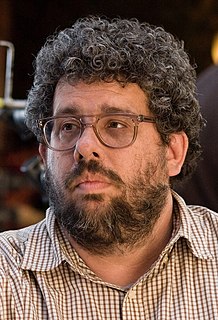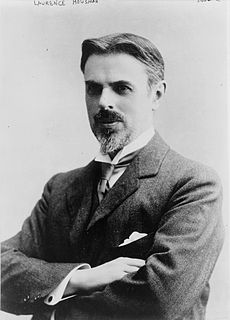A Quote by Isabel Allende
I get thousands of letters, and they give me a feeling of how each book is perceived. Often I think I have written about a certain theme, but by reading the letters or reviews, I realise that everybody sees the book differently.
Related Quotes
In a badly designed book, the letters mill and stand like starving horses in a field. In a book designed by rote, they sit like stale bread and mutton on the page. In a well-made book, where designer, compositor and printer have all done their jobs, no matter how many thousands of lines and pages, the letters are alive. They dance in their seats. Sometimes they rise and dance in the margins and aisles.
I was always looking for the most dramatic emphasis. One example would be the letter writing, or the reading of the letters. If you remember from the book, they find the letters and then in the most undramatic way they take them downstairs, they get approval, they sit at a table during the day with their own author, across from each other.
I get letters from two kinds of readers. History buffs, who love to read history and biography for fun, and then kids who want to be writers but who rarely come out and say so in their letters. You can tell by the questions they ask - How did you get your ?rst book published? How long do you spend on a book? So I guess those are the readers that I'm writing for - kids who enjoy that kind of book, because they're interested in history, in other people's lives, in what has happened in the world. I believe that they're the ones who are going to be the movers and shakers.
But once an original book has been written - and no more than one or two appear in a century - men of letters imitate it, in other words, they copy it so that hundreds of thousands of books are published on exactly the same theme, with slightly different titles and modified phraseology. This should be able to be achieved by apes, who are essentially imitators, provided, of course, that they are able to make use of language.
I get some letters from a lot of people. Sometimes it's nice, with letters from kids or from parents of kids who want to be tennis players, but I also get racist letters. It's really painful to receive something like that because you're not ready for that. You think to yourself, 'That's really bad.' But I realise that there are people like that.
When we want a book exactly like the one we just finished reading, what we really want is to recreate that pleasurable experience--the headlong rush to the last page, the falling into a character's life, the deeper understanding we've gotten of a place or a time, or the feeling of reading words that are put together in a way that causes us to look at the world differently. We need to start thinking about what it is about a book that draws us in, rather than what the book is about.
I think that Hick was in love with Eleanor, and Eleanor was in love with Hick. I think it's very important to look at the letters that are in my book, because unlike some of the recent published letters, I have both the personal and the political. And their relationship is about ardor. It's about fun. And it's also about politics.
I realized how valuable the art and practice of writing letters are, and how important it is to remind people of what a treasure letters--handwritten letters--can be. In our throwaway era of quick phone calls, faxes, and email, it's all to easy never to find the time to write letters. That's a great pity--for historians and the rest of us.




































